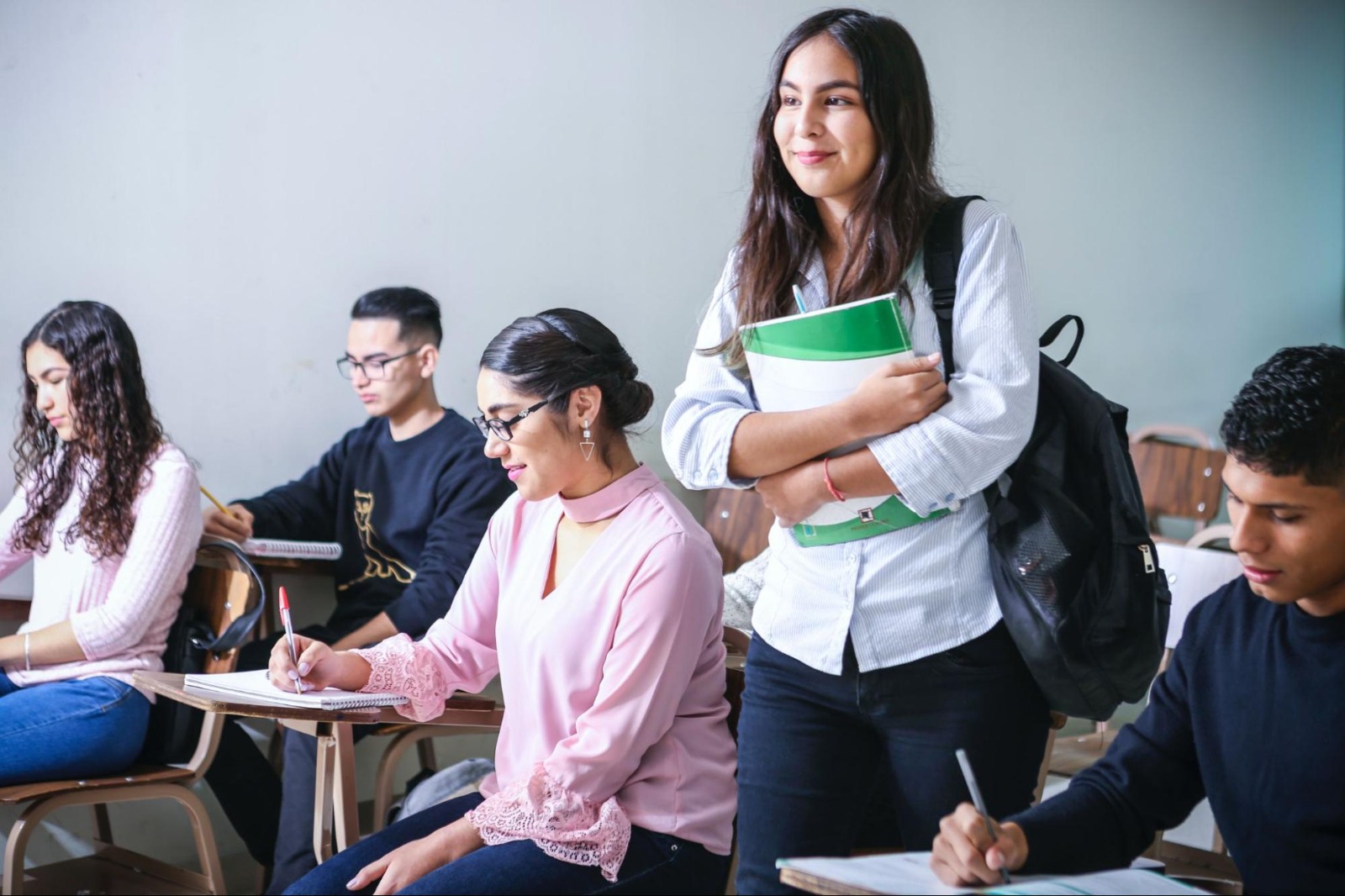Education & Career
Building Blocks for Academic Excellence: The Secondary English and General Paper Connection

In Singapore’s rigorous education system, excelling in both Secondary English and Junior College (JC) General Paper (GP) is a stepping stone to academic achievement. While these subjects may appear distinct, there exists a powerful connection between them, forming a foundation for overall academic excellence. This article explores how mastering Secondary English serves as building blocks for success in GP and beyond.
The Intertwined Nature of Secondary English and GP
Secondary English and GP are more than just subjects; they are tools for developing essential life skills.
- Secondary English: This subject equips students with foundational language skills, including reading comprehension, writing proficiency, vocabulary building, and the ability to analyze literary texts. These skills are not merely academic exercises; they are practical tools for understanding the world and communicating effectively.
- General Paper (GP): GP builds upon this foundation, requiring students to apply their language skills to real-world issues. It challenges them to think critically, analyze information from various sources, formulate well-reasoned arguments, and express their thoughts persuasively.
The connection between these subjects lies in their shared emphasis on language as a tool for thinking, learning, and communicating. Strong language skills acquired in Secondary English become the building blocks for success in GP. “This is exactly why we have decided to expand into the secondary english market as well as we realised that many JC students should actually be helped right from secondary school years so that they can excel in GP”, shares Mr. Kelvin Hong, Chief GP Tutor of Ace GP Tuition.
How Secondary English Skills Translate to GP Success
Reading Comprehension:
- In Secondary English: Students learn to analyze texts, identify main ideas, infer meaning, and evaluate arguments.
- In GP: These skills are essential for comprehending complex passages in the Comprehension and Application Question (AQ) section. Students can quickly identify key points, understand nuanced arguments, and apply this knowledge to real-world scenarios.
Writing Proficiency:
- In Secondary English: Students learn to write clear, concise, and grammatically correct essays, letters, and reports. They develop the ability to structure their writing effectively, use appropriate vocabulary, and express ideas coherently. This is the core focus for most secondary english tuition programmes.
- In GP: These skills are crucial for crafting persuasive essays that address complex topics. GP essays require well-structured arguments, supported by evidence and examples. Strong writing skills honed in Secondary English enable students to articulate their thoughts clearly and convincingly.
Vocabulary and Grammar:
- In Secondary English: Students build a rich vocabulary and master grammar rules.
- In GP: A strong vocabulary allows students to express complex ideas with precision and clarity. A good grasp of grammar ensures that their writing is error-free and easily understood.
Critical Thinking:
- In Secondary English: Analyzing literature exposes students to different perspectives and encourages them to question assumptions and challenge interpretations.
- In GP: This critical thinking mindset is essential for evaluating arguments, identifying biases, and forming informed opinions on complex issues.
Nurturing the Connection
To maximize the benefits of this connection, students should:
- Read Widely: Explore a variety of texts, from novels and poetry to news articles and opinion pieces. This exposes them to different writing styles and broadens their understanding of the world.
- Practice Writing: Regularly write essays, summaries, and reflections on various topics. Seek feedback from teachers to identify areas for improvement.
- Engage in Discussions: Participate in class discussions and debates to practice articulating thoughts and defending opinions.
- Explore Real-World Issues: Stay informed about current events and global issues. Analyze different perspectives to develop a nuanced understanding of complex topics.
Conclusion
The connection between Secondary English and GP is undeniable. By mastering the foundational skills of reading comprehension, writing proficiency, vocabulary, and critical thinking in Secondary English, students lay the groundwork for success in GP and beyond. This interconnectedness highlights the importance of a holistic approach to language learning. As students progress through their academic journey, they can leverage their strong English foundation to tackle complex issues, think critically, and express their ideas persuasively – skills that are invaluable in both academia and the real world.
Stay ahead of the curve with the freshest news updates by exploring TodayFirstMagazine!






